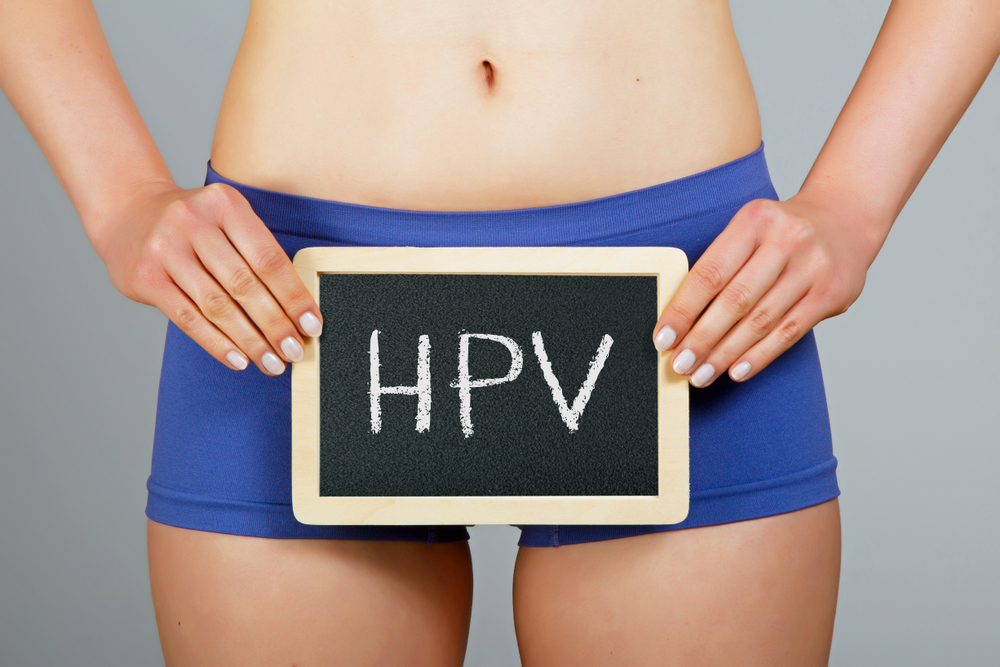Every year, the conversation around Human Papillomavirus (HPV) grows louder and clearer, yet many still navigate through misinformation and myths surrounding this viral assailant. Affecting millions worldwide, HPV is the most common sexually transmitted infection (STI), casting a long shadow on young women’s health with its capacity to cause serious health issues, including cervical cancer.
This blog by Walnut Lake OBGYN & Wellness delves deep into the heart of HPV-related health concerns, unveiling the essentials of its transmission, prevention strategies like vaccination, and the critical role of regular screening in safeguarding women’s health. If you are in West Bloomfield, MI, contact us to schedule a consultation and get screened.
What is HPV?
Human Papillomavirus (HPV) represents a group of more than 200 related viruses. According to cancer.gov, “HPV is a group of more than 200 related viruses, some of which are spread through vaginal, anal, or oral sex.” Each HPV virus carries its unique number or type. The term ‘HPV’ encapsulates a wide range of viruses that share a common mode of transmission: skin-to-skin contact. HPV is especially notorious for its impact on sexual health, being the leading cause of cervical cancer, among other cancers.
High Risk Vs Low Risk HPV
Several types of cancer can be caused by high risk HPV. There are 12 high risk HPV types, two of which cause the majority of HPV related cancers. Low risk HPV types rarely cause cancer but more commonly cause warts around the genitals, anus, or mouth. If warts form in the throat, you may develop respiratory papillomatosis, which leads to breathing problems.
How Transmission Occurs
Understanding HPV’s transmission mechanisms is pivotal in its prevention and control. The virus navigates through skin-to-skin contact, with sexual intercourse being the most common medium. Alarmingly, HPV can be transmitted even when an infected individual shows no signs or symptoms, which often remain dormant.
HPV-Related Health Concerns
The health implications of HPV are vast and varied, ranging from harmless to potentially life-threatening. While most HPV types cause skin warts on various body parts, approximately 12 types are known to be high risk for causing cancer. Among these, types 16 and 18 are the most notorious, being responsible for a high percentage of cervical cancer cases.
Cervical Cancer
Cervical cancer stands as a grim reminder of HPV’s potential havoc. It unfolds as a result of cellular changes in the cervix induced by HPV and is the second most common cancer in women worldwide, with breast cancer being the first. The early stages of cervical cancer may present without symptoms, highlighting the importance of regular screenings for early detection.
Prevention: A Shield Against HPV
HPV Vaccination
The introduction of the HPV vaccine has been a game-changer in the fight against HPV. Recommended for both girls and boys starting at age 11 or 12, the vaccine provides immunity against the most harmful types of HPV, significantly reducing the risk of cervical and other types of cancer.
Safe Sexual Practices
Practicing safe sex, including the use of condoms, can reduce the risk of HPV transmission. However, since HPV can infect areas not covered by a condom, it cannot prevent HPV completely.
Regular Screening
Regular cervical screening tests, such as Pap smears and HPV DNA tests, are crucial. Starting at 21 years, these tests can detect precancerous changes in the cervix’s cells, allowing for early intervention and treatment.
When to Be Screened
The general guideline recommends that women begin cervical screening at 21 and continue every three years if the results are normal. Women aged 30 to 65 should consider co-testing, which includes both the Pap test and HPV test every five years. However, individual health circumstances may necessitate a different screening schedule.
Empower Yourself with Knowledge & Action
Understanding HPV is the first step toward taking control of your health. Regular screening, preventive vaccination, and safe practices are the pillars on which to build a fort against HPV.
Your Wellness Journey with Walnut Lake OBGYN & Wellness
At Walnut Lake OBGYN & Wellness, your health is our utmost priority. We are steadfast in our commitment to providing comprehensive care and support for all aspects of women’s health, including HPV screening, vaccination, and education. Our team of compassionate and experienced professionals is here to guide you through each step towards optimal health.
Take charge of your health today. Schedule your HPV screening and consultation with us and embrace a future marked by health and awareness.

